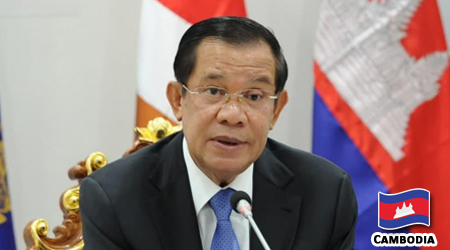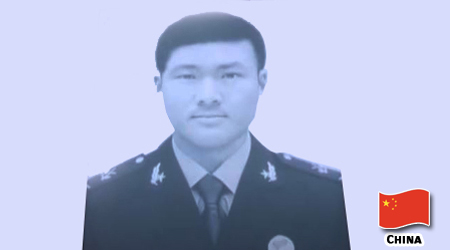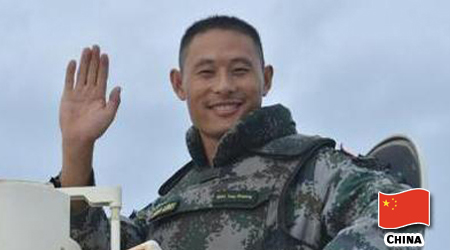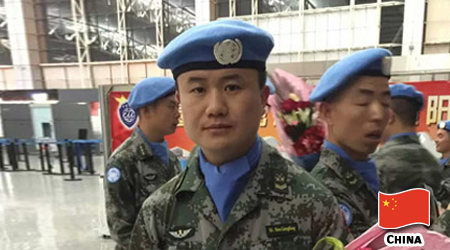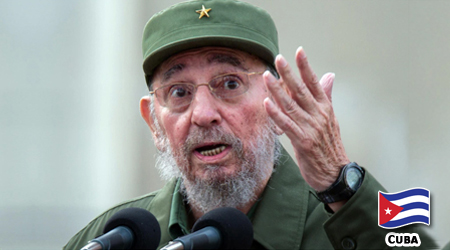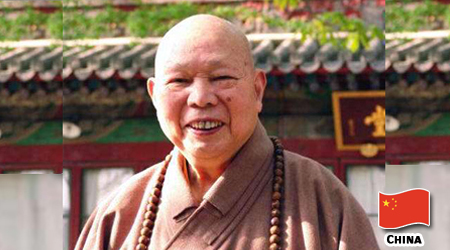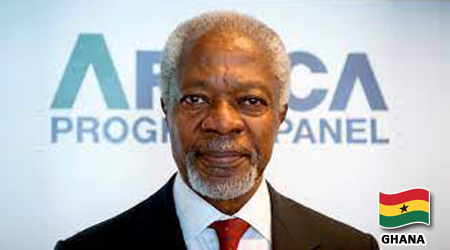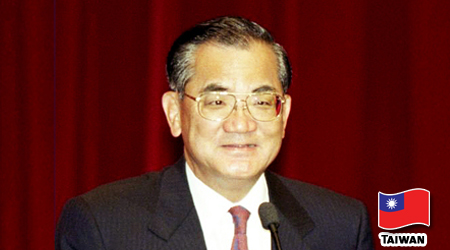Confucius Peace Prize
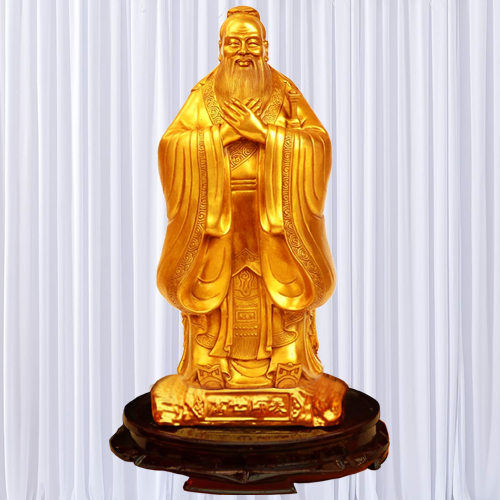
Confucius Peace Prize
The Confucius Peace Prize (simplified Chinese: 孔子和平奖; traditional Chinese: 孔子和平獎; pinyin: Kǒngzǐ Hépíngjiǎng) was a Chinese alternative to the Nobel Peace Prize established in 2010 by the Association of Chinese Indigenous Arts in the People's Republic of China (PRC). The prize was created in response to a proposal by businessman Liu Zhiqin that criticized the 2010 Nobel Peace Prize, which was awarded to Chinese dissident Liu Xiaobo. The chairman of the committee said that the award existed to "promote world peace from an Eastern perspective", and Confucian peace specifically. The original cash prize given to the winner in 2010 was ¥100,000 RMB (US$15,000).
| Sl | Name | Country | Flag | Year | Awarded For |
|---|---|---|---|---|---|
| 11 | Hun Sen | Cambodia | 2017 | for his patriotic oppertunism than official response | |
| 10 | Li Lei | China | 2016 | serving on the mission in South Sudan | |
| 9 | Yang Shupeng | China | 2016 | serving on the mission in South Sudan | |
| 8 | Shen Liangliang | China | 2016 | serving on the mission in Mali | |
| 7 | Robert Mugabe | Zimbabwe | 2015 | for working tirelessly to build the political and economics stability of Zimbabwe. | |
| 6 | Fidel Castro | Cuba | 2014 | "never used any violence or force when faced with problems and conflicts in international relations, especially in Cuba's relationship with the United States." | |
| 5 | Yicheng | China | 2013 | for his work as chairman of the Buddhist Association of China and his contribution for Chinese Buddhism. | |
| 4 | Yuan Longping | China | 2013 | for outstanding contribution towards agricultural research. | |
| 3 | Kofi Annan | South Africa | 2012 | for having revitalised the UN and having given priority to Human Right. | |
| 2 | Vladimir Putin | Russia | 2011 | for his opposition to NATO's Libya action. | |
| 1 | Lien Chan | Taiwan | 2010 | for positive ties between Taiwan and Mainland china. |




